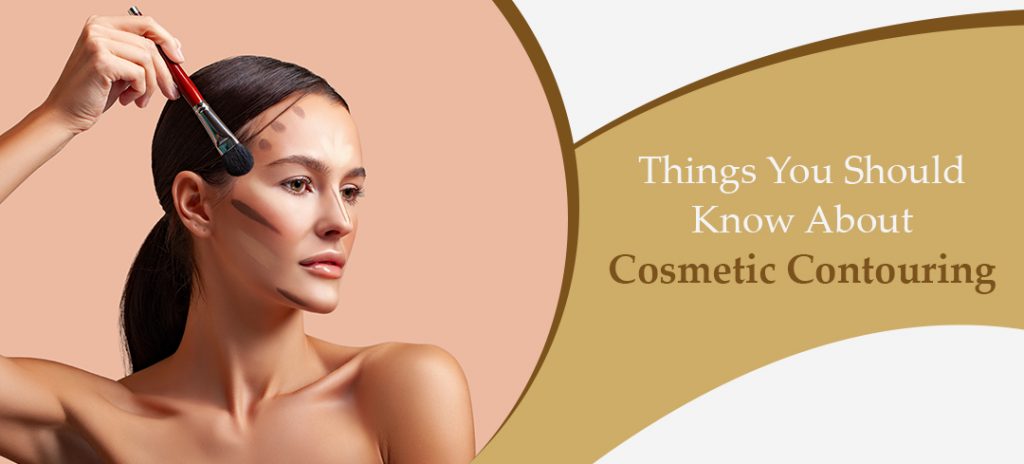If your teeth size or shape do not appeal to you and you want to make them better, cosmetic contouring is an option to consider. If you’re considering teeth contouring, you need to understand the procedure and how it can benefit you.
Below is vital information about teeth contouring, such as what it is, involves, its benefits and disadvantages, to help you understand the procedure before going through with it.
What is the procedure for cosmetic contouring?
Cosmetic contouring, also called teeth reshaping or odontoplasty, is a simple procedure that involves removing some of the enamel to alter the shape and size of a tooth or teeth. Teeth contouring aims to change the teeth’s length, appearance or shape to improve your appearance.
The dental professional can help you achieve your desired teeth shape and size by using a laser or drill to remove part of the enamel. The enamel is the hard outer layer of the teeth protecting the sensitive and inner parts of the teeth. Although this procedure can help remove your enamel to achieve better-looking teeth, it is limited by your tooth structure to prevent exposing the teeth to damage.
An upside of Teeth contouring is that it is painless, quick and doesn’t involve downtime. You can have the procedure completed in one visit without a local anaesthetic.
What are the benefits of cosmetic contouring?
Cosmetic contouring has several benefits, and it only aims to improve your appearance. The procedure may offer other benefits, even if your main focus is improving your smile. The following are benefits offered by cosmetic contouring, but whether they apply to you or not depends on the structure of your enamel and health history.
- Improve your smile aesthetics by altering your teeth size or shape
- Fix cracked, crooked, improperly aligned or chipped teeth
- Make cleaning between the teeth easier
- Improve damage due to teeth grinding (bruxism)
In most cases, the dental professional will carry out cosmetic teeth contouring alongside dental bonding, which involves adding material to the teeth to increase their shape or volume.
What are the disadvantages of cosmetic bonding?
A common limitation of contouring arises from the structure and layout or the enamel and teeth. Since the procedure involves removing the enamel, it may be limited due to the thickness of the enamel at the spot that needs reshaping. This means you can only undergo cosmetic contouring for minor cosmetic problems, and you can’t have drastic changes after the procedure.
Before you undergo cosmetic teeth contouring, your dental professional will examine your teeth to determine if the procedure is right for you. You may also need x-rays to help the dental professional assess where you need the procedure and know the thickness of your enamel.
If cosmetic contouring thins your enamel, it may increase the risk of wearing down the enamel and developing dental problems such as tooth sensitivity. This makes a proper oral care routine necessary before carrying out cosmetic contouring.
If you undergo cosmetic teeth contouring, ensure you take the following precautions.
- Avoid chewing non-food items and ice as they can damage your enamel
- Brush your teeth gently, using non-abrasive toothpaste and a soft-bristled toothbrush
- Visit your dentist and hygienist at least two times a year
- Avoid using tobacco products and smoking
Is cosmetic contouring the right option?
When considering whether cosmetic contouring is right for you, you need to consult your dentist. Your dentist will inform you of the benefits of the procedure, depending on your needs and health history.
Since the procedure is a cosmetic dental procedure, it is not medically necessary, and deciding whether to undergo it or not is your choice. Two important factors you need to consider before going through the procedure is your budget and appearance.
The cost of contouring a tooth is about £35 – £200, depending on the dental professional, your insurance coverage and location. Most dental insurance does not cover the cost of teeth contouring since it is not medically necessary.
After your EHR software solution, ensure you maintain your smile by engaging in healthy behaviours and maintain proper dental hygiene.





More Stories
13 Health Benefits of Weightlifting
What Does Acupuncture Help With?
Modvigil 200mg Smart Pills